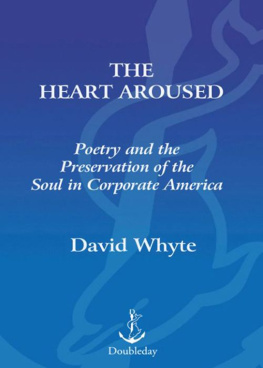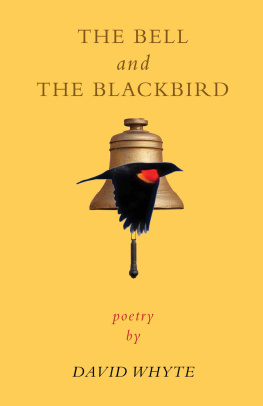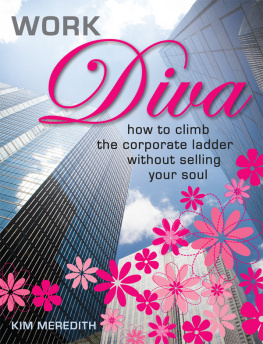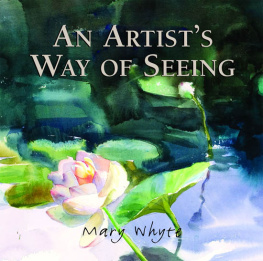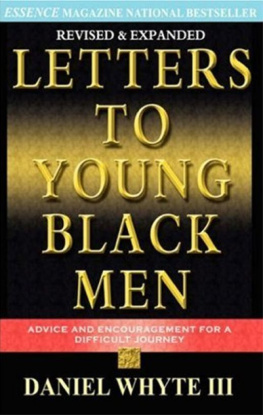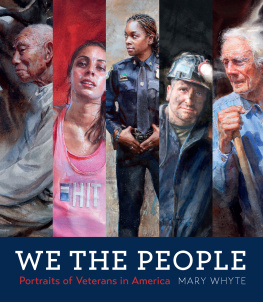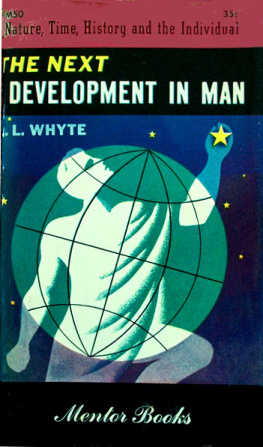
Table of Contents
For Peter and Joel,friends, teachers, colleagues, and fellow travelers
Acknowledgments
To Autumn Preble, who displayed, among her many talents, a sure and instinctive editorial hand, and who with my son, Brendan, provided understanding, endless cups of tea, and a patience I do not deserve. To my wife, Leslie Cotter, and my daughter, Charlotte, who have been at my side through its various translations and revisions. To Peter Block for his sudden, surprising, and imaginative invitation to work in the organizational world, to Joel Henning, God bless him, for his stories and his passion, to them both for marvelous inspiration and good company at the dinner table. To Bennett White, Edward Wates, and Will Prestwood for their sure friendship and listening ears, for their companionship on the Cumbrian hills, single malt in the farmhouse at Roger Ground, and their close reading and comments. To Dana Gioia for his fine and provocative essay, to my assistant, Julie Quiring, whose efficiency is matched only by her patience, and who endured constant status reports whether she wished for them or not, to Priya for her resourceful help with permissions, to my agent, Ned Leavitt, who has a wisdom and humanity even greater than his talents as a literary agent, and last to my two editors of the original edition at Doubleday, Harriet Rubin, who played Fury to my Muse and made the book far better than anything I could have achieved alone, and Janet Coleman, who displayed a sure touch in the closing stages. All the above have contributed to whatever qualities the book may have; its many flaws and omissions are entirely my own.

Only a few achieve the colossal task of holding together,without being split asunder, the clarity of their visionalongside an ability to take their place in a materialisticworld. They are the modern heroes.... Artists at least havea form within which they can hold their own conflictingopposites together. But there are some who have no recognized artistic form to serve this purpose, they are artists ofthe living. To my mind these last are the supreme heroesin our soulless society.
IRENE CLAREMONT DE CASTILLEJO
Preface to the Revised Edition
Almost ten years have passed since I first sat down to write an introduction for the book that was to become The Heart Aroused. I remember that a fine creative anticipation was soon replaced by a not-so-fine un-creative despair, and though I experienced brief moments of elation as I wrote on that clear, beautiful day, by the end of the first attempt I had returned to the true home of the writer, the familiar ground of complete hopelessness. Three years later the book went to press bereft of any introduction, it having reinvented itself into the first chapter. The author went out into the world, too, his own thoughts reinvented by trying to write something that at first attempt seemed impossible. The impossible task was to bring together the supposedly strategic world of business with the great inheritance of the human literary imagination, particularly through that difficult art, poetry, and particularly through the fierce, unremitting wish for the dangerous truth that is poetrys special gift.
I remember disappearing to the west of Ireland when the book first appeared, no wiser as to whether I had succeeded in those dangerous truths after three years than I was after the first few pages of writing. When I returned, I saw a tall stack of letters occupying the very center of my desk. I opened the first with trepidation; twenty or so letters later, I let myself glimpse the promised land of a dared satisfaction. Dozens of people had written to acknowledge the book, the poetry, the description of their struggles, and the possibilities it had granted them for the future. I remember saying to myself that whatever I had done, I had done something. Almost a decade later, and printing after printing, the book seems to have created a community of inquiry, a language that enables people to speak to dynamics that in the corporate world formerly bullied and rendered powerless many an individual life. Its continued life on the shelves and its use as a text in many business schools call for the elimination of references that were topical mostly to the nineties. I have also touched on the pivotal nature of the September 2001 attacks, expanded the definition of soul, and re-formed and extended the Coleridge and Complexity chapter.
Since the first appearance of The Heart Aroused, we have witnessed the growth and then implosion of the nineties bubble market, the demise of a thousand dotcoms, and, more soberly, the destruction of the Twin Towers and the thousands of working people who died in them. I do believe that these events have literally grounded us into a reappreciation of work: our expectations are less glamorous, closer to home, and necessarily more real out of that tragedy. We witnessed the emergency workers, the volunteers, the truck drivers arriving by the thousands, the hospital workers waiting for the bodies that never came. Faced with this courageous dedication, the obsessive dedication to stock options seemed immature, self-aggrandizing, and beside the point. We reimagined the work of our flight attendants, who were not just there to bring us our coffee, but to walk some invisible line of security and selfsacrifice we did not, until then, fully understand. Until this recent grounding, the place of ordinary good work had almost been lost in the hope that an inflated stock market could somehow emancipate all of us into an early retirement and leave us untouched by the necessities of earning a living. The nineties were good times in an ungrounded, illusory way for our pocketbooks but terrible times for preserving the more gritty, courageous, tenacious qualities of what it means to be human and to find work that is representative of that human courage. Enron came as the final insult and the final realization that, in Hamlets words, something indeed had become rotten in the state of Denmark. No matter how high we rise in that towering house of cards we call success, some of the best revelations underlying work can only be understood by literally crawling through the rubble on our hands and knees. Work always has been, along with our close relationships and our marriages, one of the most difficult, self-sacrificing, self-revelatory things we can do in our lives.
Every work has its difficulty and every work has its own half-hidden door to revelation. Every work is done half by ourselves and half by the encouragement of strangers. I am often asked how I came to write TheHeart Aroused, and my honest answer must be Through emotional blackmail, flattery, and bribery. Ten years ago, I had any number of other, more important prose books I wanted to write, but this one, by Murphys literary law, was the only one that summoned a strange enthusiasm in my agent, my publisher, and in particular my editor, Harriet Rubin. They all saw before I did the necessity of calling this book out of my very profound reluctance. Perhaps I understood from the beginning how difficult it would be to write. Perhaps I wanted to be let alone as a poet, and I had a sense that on completion of the book I could no longer inhabit the privileged place of the outsider. Perhaps I feared it might swamp my life as a writer of lyric verse. None of it mattered. Harriet, who combined an aristocratic, Pre-Raphaelite beauty with a formidable intellect, proceeded to lay siege to my reluctance. She chose to attack only two of my many weak points, which were my vanity and my stomach. I said
Next page
